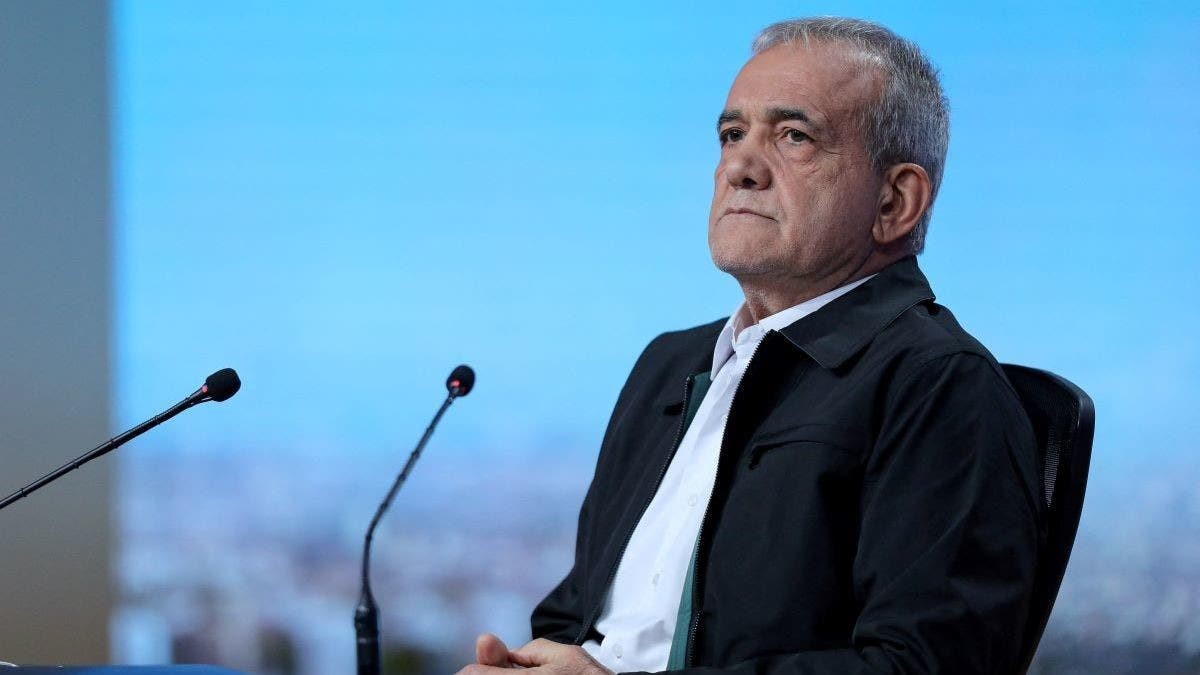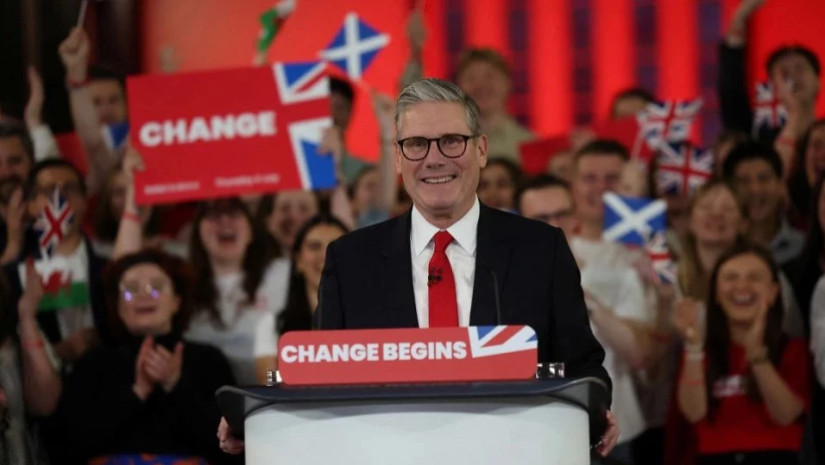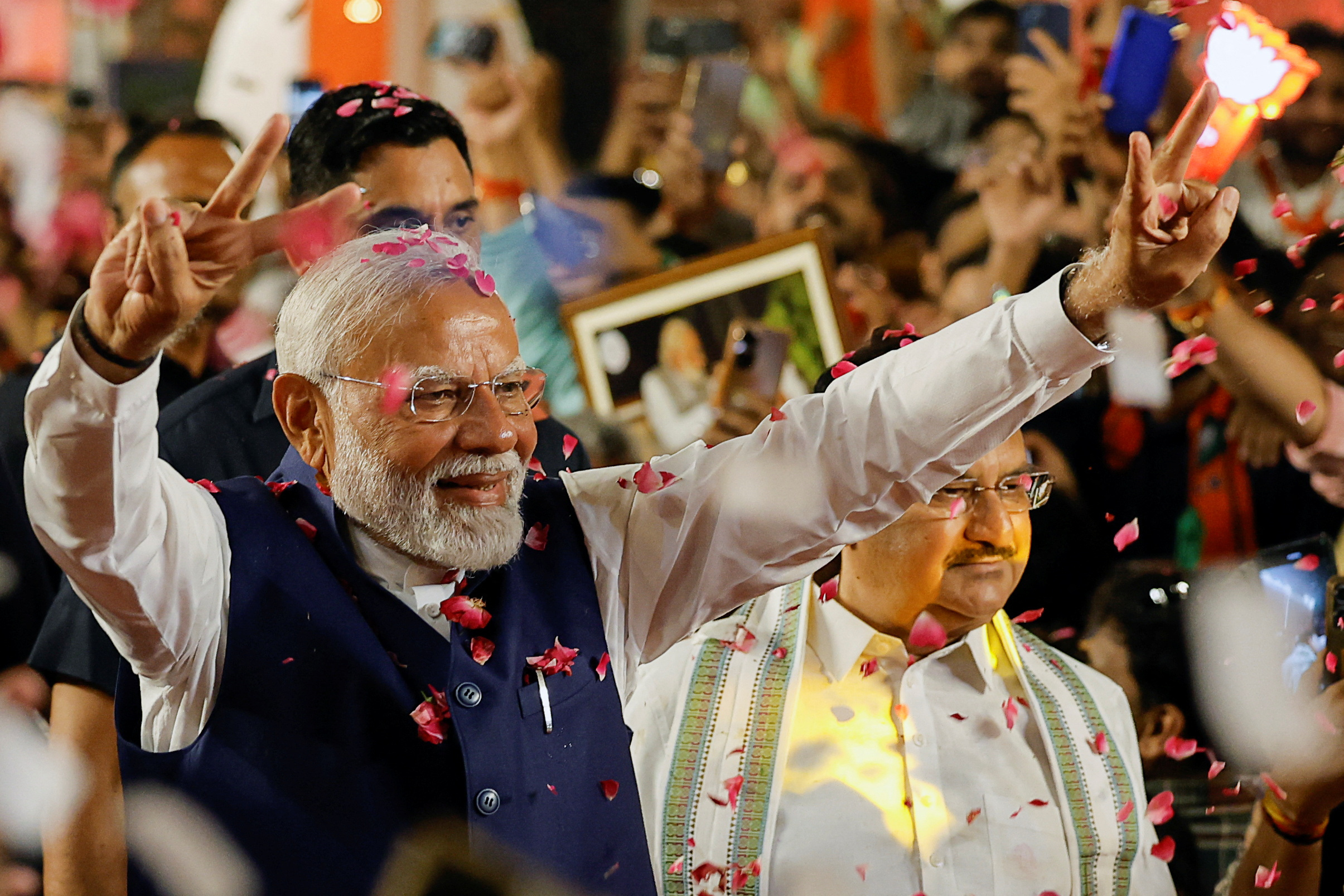1. Electoral Structure: Russia follows a semi-presidential republic system. The country is divided into 85 federal subjects, including 22 republics, 9 krais, 46 oblasts, 3 federal cities, and 4 autonomous okrugs. Elections are held at the national level to elect representatives to the Federal Assembly and the President of Russia.
2. Federal Assembly: The Federal Assembly is the bicameral legislature of Russia. It consists of two houses – the State Duma and the Federation Council.
3. State Duma: The State Duma is the lower house of the Federal Assembly. It has 450 members, known as Deputies, who are elected through a mixed-member proportional representation system. Half of the Deputies are elected through single-member constituencies using a plurality voting system, and the other half are elected through a proportional representation system based on party lists.
4. Federation Council: The Federation Council is the upper house of the Federal Assembly. It represents the federal subjects of Russia. The Federation Council consists of 170 members, with each federal subject having two representatives – one appointed by the regional governor and the other by the regional legislature.
5. Presidential Election: The President of Russia is elected through a direct popular vote. The presidential election takes place every six years, and the candidate who receives the majority of valid votes is declared the winner. There are no term limits for the President, but they cannot serve more than two consecutive terms.
6. Central Election Commission: The Central Election Commission of Russia is responsible for organizing and overseeing federal elections in the country. It ensures the fairness and transparency of the electoral process, including voter registration, candidate nominations, and the conduct of elections.
7. Voter Eligibility: To be eligible to vote in national elections in Russia, a person must be a citizen of Russia and at least 18 years old on the day of the election. Voters must be registered on the electoral roll.
8. Election Timing: The specific dates for elections in Russia are determined by the authorities and can vary. The President has the authority to dissolve the State Duma and call for new elections. The regular term for the State Duma is five years.



